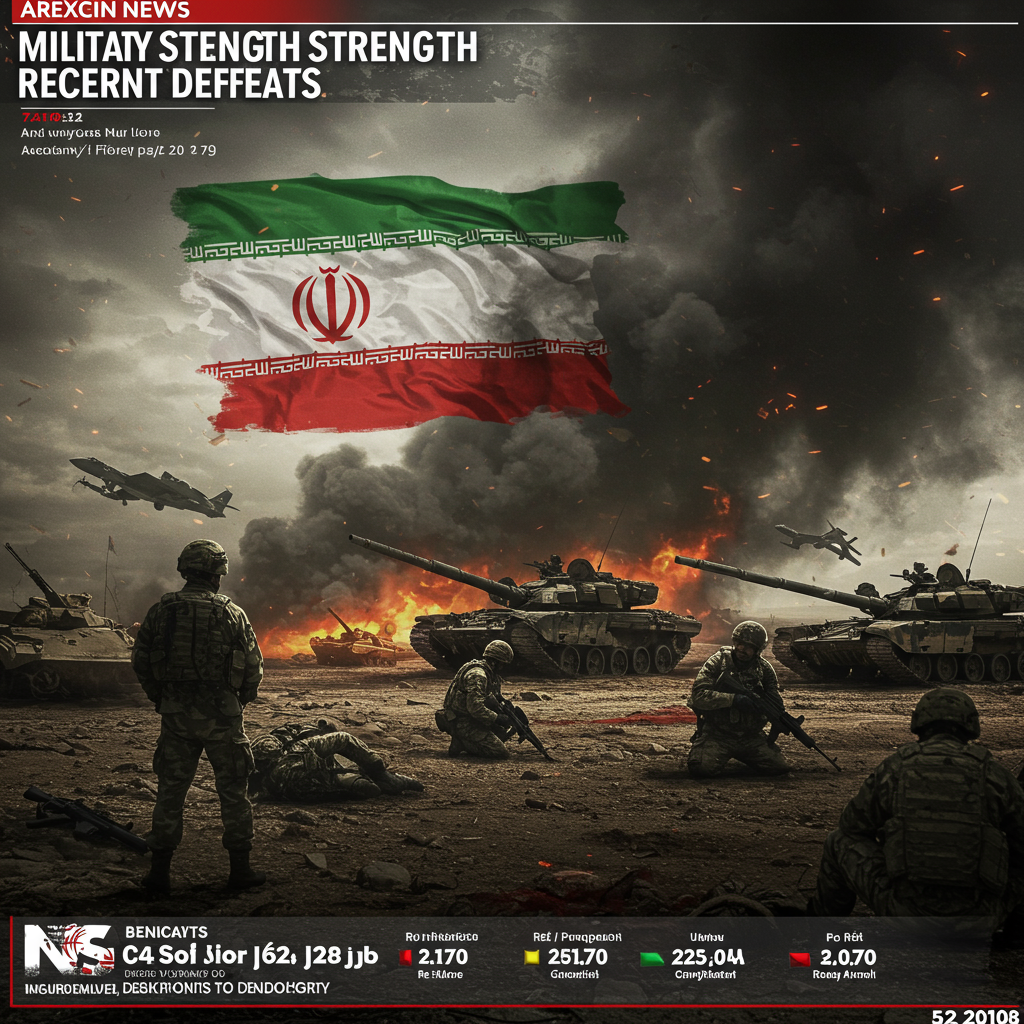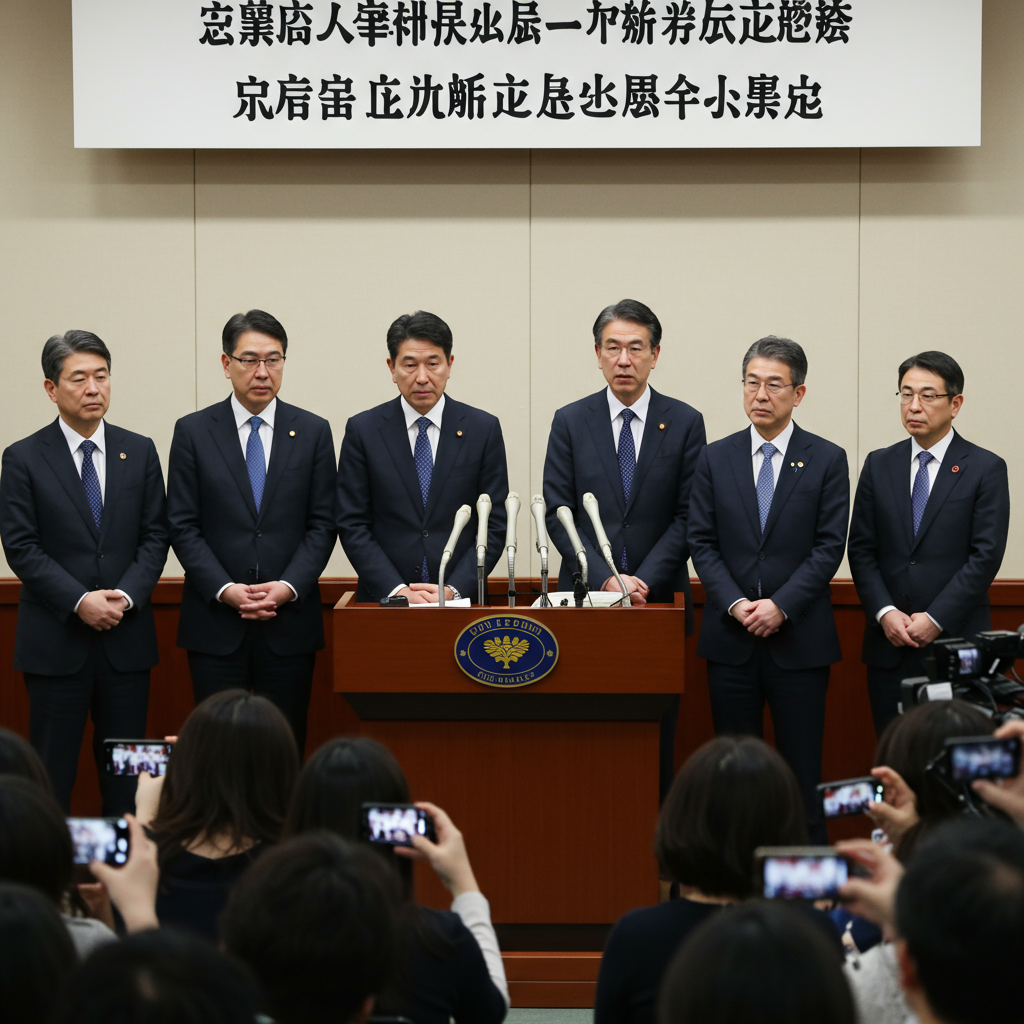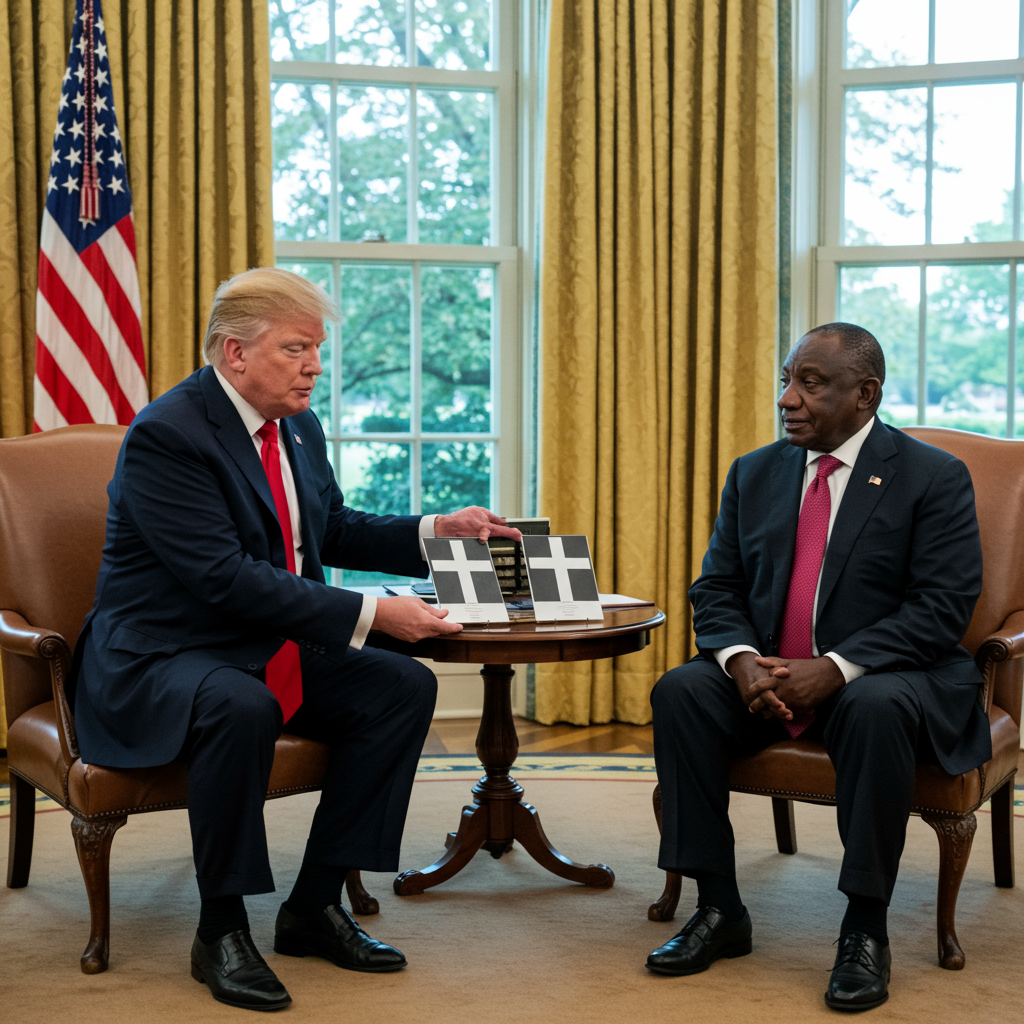Prime Minister Benjamin netanyahu recently declared a significant victory over Iran, a moment he seemingly hoped would solidify his political standing. However, recent polling data reveals a stark contrast between this assertion and the deep challenges he faces domestically. Despite presenting himself as the leader who successfully defended Israel against external threats, Netanyahu grapples with widespread public distrust and persistent political vulnerabilities, particularly concerning the ongoing conflict in Gaza and his unresolved legal issues. This complex reality highlights the delicate balance of Israeli politics, where military actions intersect with public sentiment and personal accountability.
Just months ago, in March, Netanyahu made a critical decision regarding the Gaza ceasefire process. This process, reportedly brokered by former US President Donald Trump’s envoy Steve Witkoff, had already facilitated the release of dozens of Israeli hostages in exchange for hundreds of Palestinian prisoners. It was anticipated to lead to further hostage releases and a gradual withdrawal of Israeli troops, potentially paving the way for a negotiated end to the conflict. Commentators described Netanyahu’s choice to halt this process and order renewed attacks as potentially akin to “political suicide” at the time.
Instead of pursuing the ceasefire path, Netanyahu publicly stated the fight would continue until Hamas was “completely destroyed.” Critics argued that this focus appeared to relegate the safe return of remaining hostages to a secondary concern. Many israelis, especially the families of those held captive, voiced significant outrage. They accused the Prime Minister of prioritizing his own political survival over the well-being of their relatives and the broader national interest. This period saw a significant drop in Netanyahu’s popularity according to polls, as he struggled to maintain a fragile government coalition reliant on hardline and religious parties.
The Iran Conflict: A Temporary Boost?
Three months after the controversial ceasefire decision, the political landscape shifted following a limited 12-day conflict between Israel and Iran. After the exchange of fire, which included an Israeli strike attributed to a Damascus consular building and subsequent Iranian retaliation largely intercepted, Netanyahu claimed a “spectacular military victory” over his longtime adversary. He framed the presumed damage to Iran’s nuclear program as a crucial “window of opportunity.” This event provided a temporary political lifeline, allowing him to present himself as a decisive “strongman” who delivered on threats against a major foe, contrasting with the perceived security failures of October 7, 2023.
Public reaction to the military action against Iran showed considerable support. A flash survey from the Israel Democracy Institute indicated that approximately 82% of Jewish Israelis supported the timing and execution of the strikes on Iran. Some viewed the action as a necessary pre-emptive measure against Iran’s regional ambitions and alleged nuclear pursuits, feeling Israel had been saved “at the last minute” from a significant threat. Following this confrontation, Netanyahu saw an uptick in approval ratings, reaching his best figures since the war in Gaza began. Experts suggest that for Netanyahu, focusing on external threats like Iran often serves as a politically advantageous strategy, tending to foster national unity and deflect domestic criticism.
The Persistent Trust Deficit
Despite the positive public response to the Iran action and a recent rebound in personal popularity polls, Netanyahu still faces a significant challenge: a deep-seated trust deficit among many Israelis. While polls show his Likud party regaining ground and him becoming the most popular politician by August 2024, analysis suggests this recovery is complex. It partly comes at the expense of far-right coalition partners and doesn’t necessarily reflect a fundamental shift in sentiment among voters from the political center who remain opposed to him.
According to polling cited in the Ma’ariv newspaper and by the Israel Democracy Institute, a substantial majority of Israelis, 59%, express a desire to end the fighting in Gaza now, specifically in exchange for the remaining hostages. Furthermore, nearly half of those surveyed, around 49%, believe that Netanyahu’s primary motivation for continuing the war is rooted in his own political considerations. Professor Tamar Hermann, a senior research fellow at the Israel Democracy Institute, describes Netanyahu as a “very skilful political actor” but emphasizes that “trust” remains a major hurdle. She notes that upcoming IDI polling indicates he “doesn’t cross the 50% line in terms of Israelis expressing full or even partial trust in him.”
Challenges on Multiple Fronts
The political boost from the Iran conflict has not erased the complexities of the ongoing Gaza war. Skepticism about achieving Netanyahu’s stated goal of “total victory” is widespread, with around two-thirds of Israelis reportedly doubting its attainability. The human cost of the conflict continues to be underscored by recent military casualties in Gaza. Calls from veteran journalists to end the war are becoming more public.
The fate of the hostages remains a central concern, heavily influencing public opinion. Polling consistently shows a majority or plurality of Israelis supporting a deal for their return, even if it requires significant concessions such as a complete ceasefire, withdrawal of Israeli forces, and the release of high-level Palestinian prisoners. Professor Hermann points out that a majority even among Netanyahu’s own supporters favor prioritizing the return of hostages, highlighting a potential political dilemma for him. He is caught between public pressure for a deal and the demands of his hardline coalition partners, who threaten to dissolve the government if the war ends before Hamas is completely defeated.
Legal Battles and International Scrutiny
Adding another layer of complexity, Netanyahu continues to face a high-profile criminal case involving charges including bribery and fraud. He is scheduled to testify soon, and recent attempts to delay court hearings citing his busy schedule and the state of emergency were rejected. Netanyahu and his allies maintain the case is a politically motivated “witch hunt.” However, his opponents are equally determined that he face justice, reflecting the deep polarization within Israeli society.
The legal pressure has even drawn comment from abroad. Former US President Donald Trump, despite previously criticizing Netanyahu, recently called him a “great hero” and “warrior” whose trial should be immediately canceled or result in a pardon. Many in Israel, including opposition leader Yair Lapid, viewed this intervention negatively, urging Trump not to interfere in the independent legal process of a sovereign state. Professor Hermann characterized Trump’s seemingly contradictory stance and attempt to intervene as treating Israel like a “banana republic.”
Beyond domestic and legal challenges, Netanyahu’s government faces significant international scrutiny. Many Israelis believe his handling and prolongation of the war in Gaza have harmed Israel’s global standing and economic prospects. Former generals have publicly suggested the Israel Defense Forces (IDF) may have already achieved maximum possible military objectives in Gaza. Furthermore, the International Criminal Court (ICC) has issued warrants against Netanyahu and former defense minister Yoav Gallant over alleged war crimes and crimes against humanity in Gaza. While Netanyahu and Gallant strongly reject these accusations, the existence of the warrants adds to the international pressure. One source noted that over 55,000 people have been killed in Gaza during the war against Hamas, a stark figure highlighting the scale of the humanitarian crisis.
Political Maneuvering and Future Uncertainty
Despite the multitude of challenges, including public distrust, ongoing conflict costs, legal battles, and international pressure, Benjamin Netanyahu has a long history of political resilience. He is widely recognized as a highly skilled political operator, capable of navigating complex situations and often outmaneuvering opponents. Experts attribute his recent rebound in polls not just to his own actions, but also to the weakness and fragmentation of the opposition, leaving Israelis with a perceived lack of compelling alternatives.
Some analysis suggests Netanyahu may view the continuation of the Gaza conflict and its regional tensions through the lens of international dynamics, potentially hoping for a favorable shift in the US political landscape. His actions have been tied to a possible strategy of prolonging the conflict and even undermining ceasefire efforts, banking on a potential victory for Donald Trump in the upcoming US election, whom he might view as an easier partner to work with based on past interactions. This aligns with the view that Netanyahu often operates with an eye on future political advantages.
Ultimately, calling early elections in Israel would likely be a significant gamble for Netanyahu. While his personal popularity has risen, his Likud party, according to recent polls, would still fall short of securing a majority coalition on its own in the 120-seat Knesset. Forming a stable government remains challenging in Israel’s fractured political system. Most commentators believe it would be difficult to hold elections while the war in Gaza persists and hostages remain captive. However, those who have previously underestimated Netanyahu’s ability to survive and adapt have often been proven wrong. His next move remains highly unpredictable, navigating the complex currents of military objectives, domestic pressure, legal threats, and international relations.
Frequently Asked Questions
How has the recent conflict with Iran impacted Prime Minister Netanyahu’s political standing?
The exchange with Iran provided Benjamin Netanyahu with a temporary political boost, allowing him to claim a “spectacular victory” and present himself as a strong leader who defended Israel. Polls showed an increase in his approval ratings following the interception of Iranian projectiles. However, analysts suggest this boost was limited and did not fundamentally resolve the underlying issues of public trust or improve his ability to form a stable governing coalition based on current polling projections.
What do Israeli polls reveal about public trust in Netanyahu regarding the Gaza war?
Recent polls indicate a significant trust deficit. While support for the war’s justification remains high among many Israelis, skepticism about achieving “total victory” is prevalent. More critically, a substantial majority of Israelis (59%) want to end the Gaza war for the return of hostages, and nearly half (49%) believe Netanyahu is prolonging the conflict for personal political reasons. Polling also shows Netanyahu struggles to gain the trust of over 50% of Israelis.
How do the ongoing criminal charges affect Netanyahu’s ability to govern or call elections?
Benjamin Netanyahu faces serious criminal charges, including bribery and fraud, with court hearings scheduled. These legal battles are a constant political liability and a source of division, with opponents demanding he face justice. While his attempts to delay proceedings have been rejected, the process itself adds uncertainty. Commentators suggest it would be challenging politically and practically to call early elections while he is actively engaged in a high-profile criminal trial and the country is still at war.
Word Count Check: 1187



